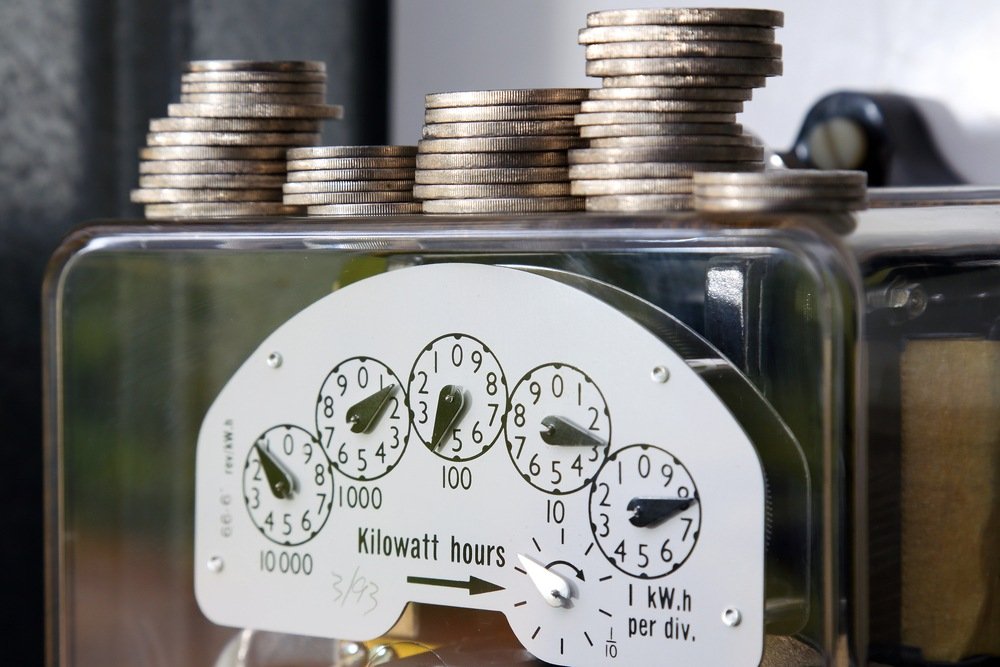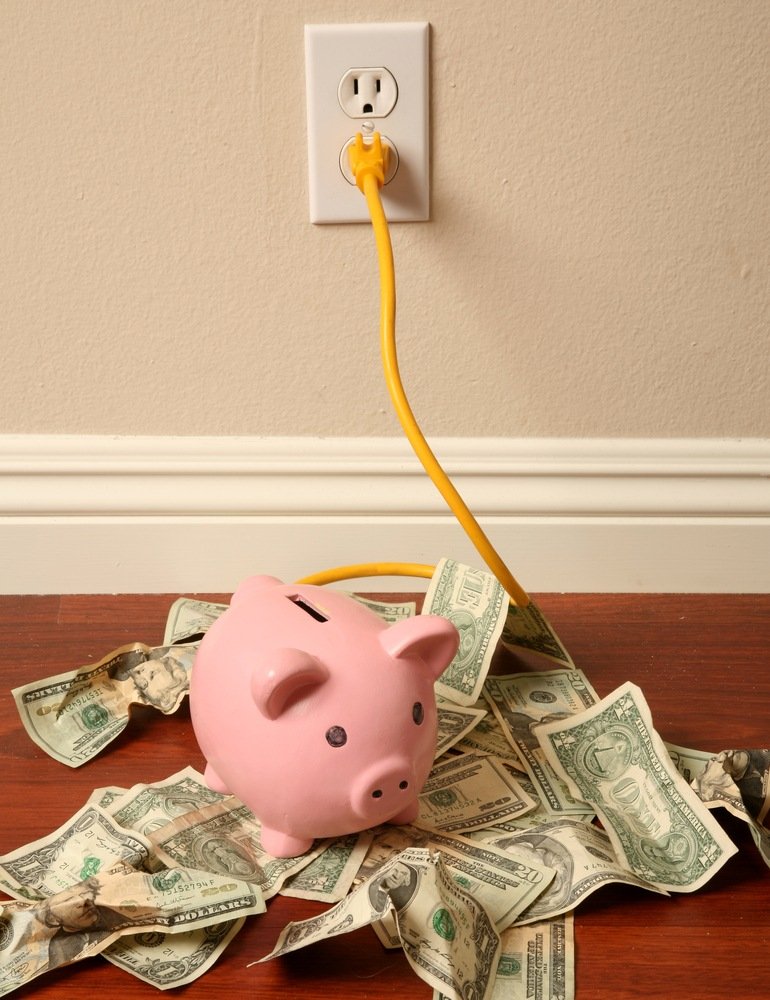Is Your Electric Bill Out of Control?
 So, did your weekend mad money ever go “poof” because of a spike in your electric bill? It happens a lot. It creeps up on you. Let’s talk about how this happens and what you can do to get some of that money back.
So, did your weekend mad money ever go “poof” because of a spike in your electric bill? It happens a lot. It creeps up on you. Let’s talk about how this happens and what you can do to get some of that money back.
There are many things that cause your bill to go up. Some of them can be controlled or avoided while others are tied to market trends and ill-conceived government policies. In some parts of the country, grid infrastructure is sorely lacking. Antiquated equipment can drive up costs to pay for maintenance crews, for example.
Cause and Effect:
1. Price Volatility
In an electric power system, demand fluctuations may result in a significant increase in cost to suppliers. We also see a maturing renewable energy industry which has been causing disruptions in fuel markets.
Although these things are no fault of yours, it’s worth mentioning. It’s something we can expect to see in our long-term view as consumers. It prompts us to have a more general discussion on energy conservation, and to keep an eye on emerging products and markets. We should always have “an ear to the ground”, looking for ways to help us in the way we consume energy.
2. Equipment Maintenance and Seasonal Spikes
We place heavy demands on some of our appliances during certain times of the year. We occasionally add to those demands without knowing it. For example, taking your home from 72 degrees to 68 can be much more expensive than taking it from 80 to 76 degrees, even though the difference in temperature is the same (assuming the same outdoor conditions).
You may also experience surges in power consumption when appliances are faulty due to many years of wear and tear. This can happen irrespective of the amount of maintenance you do. In those cases, it’s a matter of vigilance and awareness.
-
-
- In the summer, for example, your refrigerator will work harder to pump heat into the surrounding room when temperatures in that room are elevated. Dust on your condenser coils and ice on your evaporator lead to further inefficiencies.
- In the summer, for example, your refrigerator will work harder to pump heat into the surrounding room when temperatures in that room are elevated. Dust on your condenser coils and ice on your evaporator lead to further inefficiencies.
-
- Air conditioning presents some potential issues too. It’s easy to become complacent about maintenance, so we often forget about air filters in the HVAC system. When they become clogged, the fan needs to work harder to move that cool air.
- Air conditioning presents some potential issues too. It’s easy to become complacent about maintenance, so we often forget about air filters in the HVAC system. When they become clogged, the fan needs to work harder to move that cool air.
- Depending on where you live, you’ll see a spike in energy usage in other areas, like your furnace.
-
All these things can come as a big surprise — especially if you’re a new homeowner.
 3. New Consumer Products
3. New Consumer Products
It’s easy to buy a new leaf blower, window/portable AC unit, etc., without giving a second thought to energy consumption. It’s bad enough that the TV you just bought set you back a few hundred dollars. You might also be surprised to see that it can actually affect your electric bill. If you’re in the market for big, flat-screen TV, be advised that it could cost you a bit on electricity. Energy consumption for a 65 inch plasma TV, for example, can cost almost $7.00 a month on electricity.
4. Home For the Summer
If you experience higher occupancy in the summer because the kids are home from college, you may see a bump in your electric bill too. The number of people in your home will have an impact on your energy consumption. Again, this is often something which is overlooked while it’s happening but seems obvious in hindsight.
Subtle changes in your lifestyle and caution about consumer products can make a difference when it’s all combined. It’s a simple fact that, you can find ways to save on your electric bill. You can also find ways to generate energy from rooftop solar installations, for example. Government programs with financial incentives can actually lower your monthly electric bill.
In addition to the usual measures, it wouldn’t be such a crazy idea to visit one of your local hardware stores and pick-up an energy meter, to measure the energy consumption and compare it to the rated energy consumption listed on the nameplate. With that kind of evidence, there is no longer a need for speculation with some of your appliances.
Whatever you decide is the best path for you, the key is vigilance about understanding where energy is consumed in your home and what can be done to reduce it.


